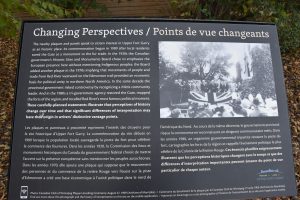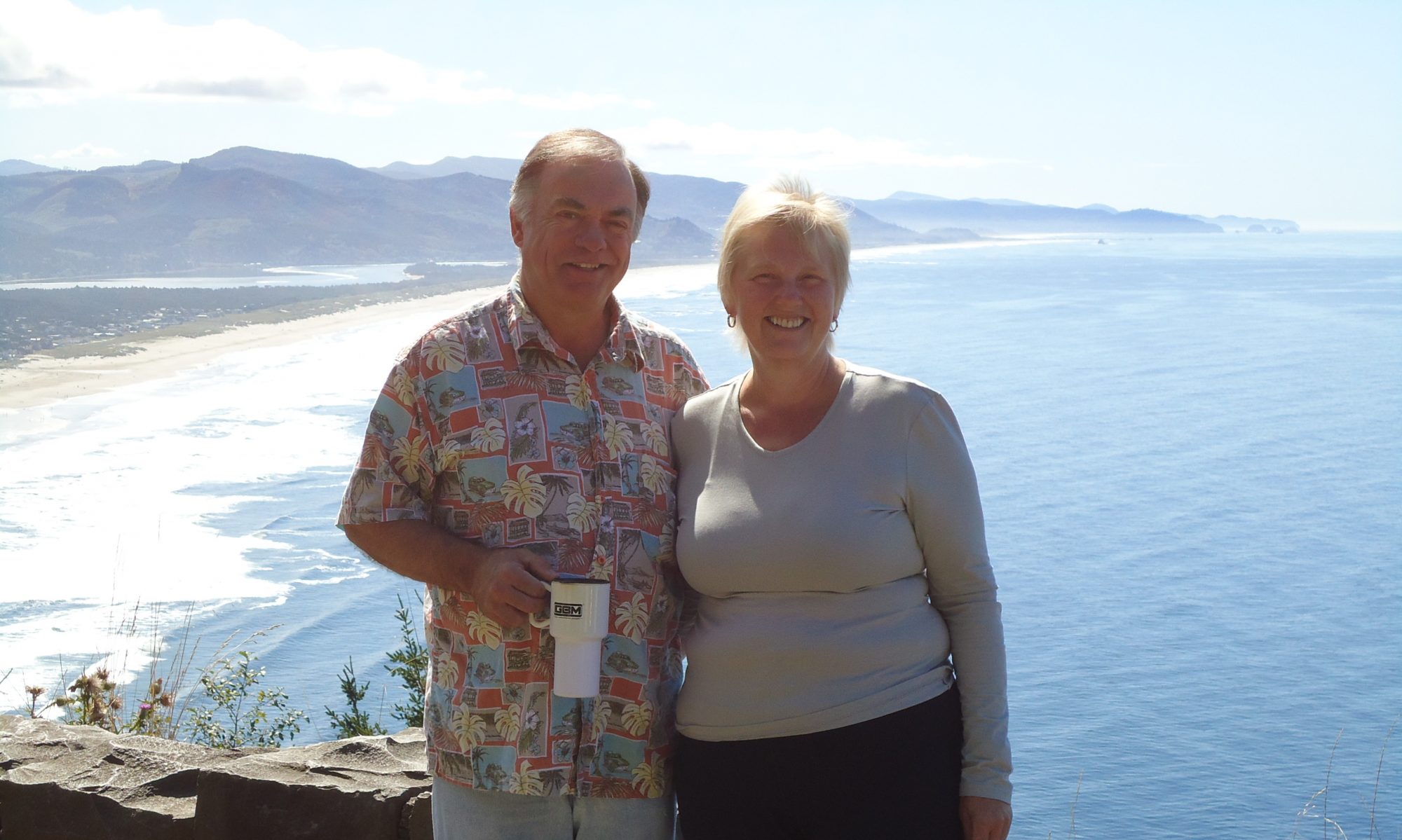For some reason, my Time Machine has not been backing up my MacBook for the past couple of weeks. As I watch and wait for a back-up to complete, I am contemplating the questions of truth and fake news. They may or may not be pertinent to a travel blog, but here are my basic thoughts:
Back in the day before the written word, there was an oral tradition whereby information was passed on by tribal elders to subsequent generations. This was their truth, whether or not they were told the world was flat, or the tribe next door was evil and they were good.
For many centuries, recording and passing on the written word was a laborious task. Only a few had access to parchments, and most people remained illiterate. Then the Gutenberg printing press was invented, and the written word was more easily copied and shared.
But over time, the gatekeepers of this information were publishers and editors who became a wealthy elite, deciding which information was valuable, true, and worthy of reproduction. Many more people could write, but few would be published. Their stories mattered, or maybe they didn’t. Only the wealthy publishers would decide.
Similarly, many could afford a guitar or other musical instrument, but only the elite record company executives would choose whose music was valuable and worthy of reproduction on vinyl record albums, and then played on radio stations. Were the musicians talented or not? Only the wealthy record executives would control broad public access.
In the 20thcentury, cameras became more available, and an increasing number of people were able to purchase them to record their activities. They then either developed the film in a dark room, or sent it away for processing. But only the elite were able to determine what was valuable and worthy of reproduction in television programs. The television executives were the gatekeepers of what stories could be shared in an increasingly popular medium.
Then came the digital revolution!
In the 21stcentury, there is a significantly higher level of literacy, with many people around the world knowing how to read and write at least one language. Computers like this one allow almost anyone to share their thoughts (for better or worse, lol). Self-published books are now a thing. Musicians are able to record and publicly share their own songs, and private videographers are able to produce reasonably high-quality videos and movies. It seems almost everyone has a smartphone, able to capture and share images instantaneously around the world. There are still gatekeepers at Google, YouTube, and Facebook, among others (with some arguing that more gatekeeping should occur to reduce the nefarious spread of racism and hate speech), but it has become much easier for individuals to share their perspectives with their friends, and anyone on Earth with an Internet connection.
And that is the current rub:
When predominantly white, privileged elite decided what was true, and what knowledge was worthy of sharing, the world was almost forced to accept their perspective. I think back to school projects and the textbooks and Encyclopedia Britannica referenced. If those texts stated the information as facts, then it must be true! In most cases, encyclopedias provided the last word on truth, without question.

There are now countless examples of how perspective matters. When I was growing up, I learned that Louis Riel was executed as a traitor to Canada. Now that we live in Manitoba, I have learned that he was a respected Metis leader and father of our province, with statues and celebrations of “Riel Day” accepted and honoured by all who love Manitoba.

I remember taking for granted that residential schools were the best options for aboriginal children, facilitating their assimilation into Canadian society. How could they survive and thrive if they didn’t know the correct language and customs? Of course, our dominant language and customs were the only correct and permissible, so all others needed to be repressed or forgotten. We now consider that a cultural genocide.

In Betty & my travels across Canada and the United States, we have come to see and appreciate the different perspectives of communities, provinces, and states visited. One of my biggest concerns is that certain elites are still attempting to control the message received by various publics through narrowly-focussed television broadcasts, radio, newspaper, and on-line content that limits informed dialogue and enhances polarization among societal groups.
The digital revolution has facilitated a democratization of accessible information that was heretofore impossible. It has given voice to the voiceless, and brought alternate musical and visual cultural expressions to the forefront.
But this explosion in diversity has also created a great deal of confusion.
If what we took for granted as truth growing up is either no longer true, or just our perspective – what is truth, and what is fake news? How do we sift through the many huge mountains of accessible information that have come to light as a result of the digital revolution? I won’t get into Wikileaks or American election results here. These issues are way too big to easily resolve.
In the overall scheme of things, we are still at the dawn of this digital revolution. It is premature to know what the outcomes will be. But our best hope might be to not immediately dismiss other opinions outright, but to use current technology to dig deeper in order to separate fact from fiction.
My Time Machine back-up is now complete, so I’ll end with a perspective heard from the pulpit this past Sunday: “13 You, my brothers and sisters, were called to be free. But do not use your freedom to indulge the flesh; rather, serve one another humbly in love. 14 For the entire law is fulfilled in keeping this one command: “Love your neighbor as yourself.” 15 If you bite and devour each other, watch out or you will be destroyed by each other… 22 But the fruit of the Spirit is love, joy, peace, forbearance, kindness, goodness, faithfulness,23 gentleness and self-control. Against such things there is no law.” NIV Bible translation of Galatians 5: 13 – 15, 22,23.
Peace & Cheers!
